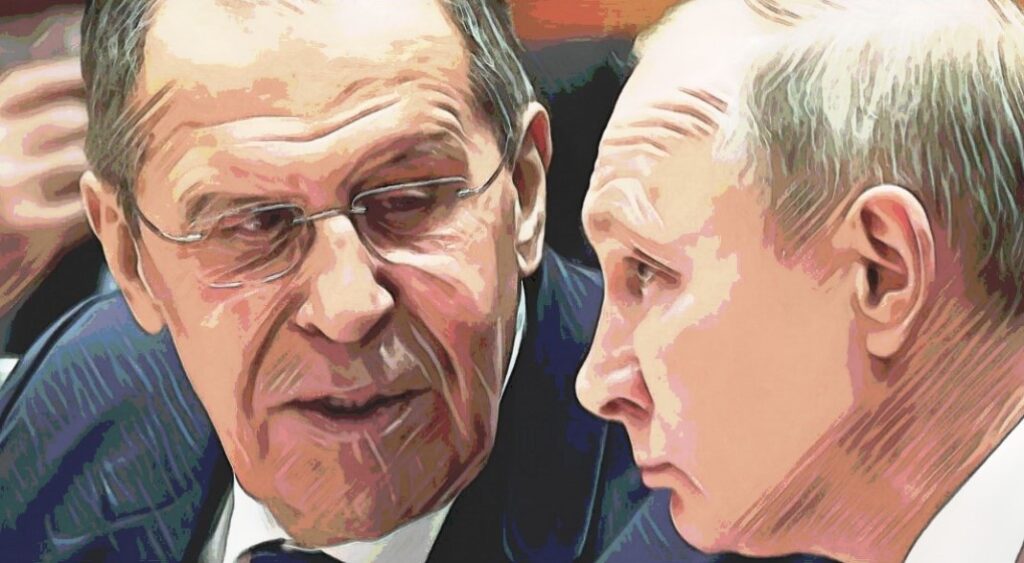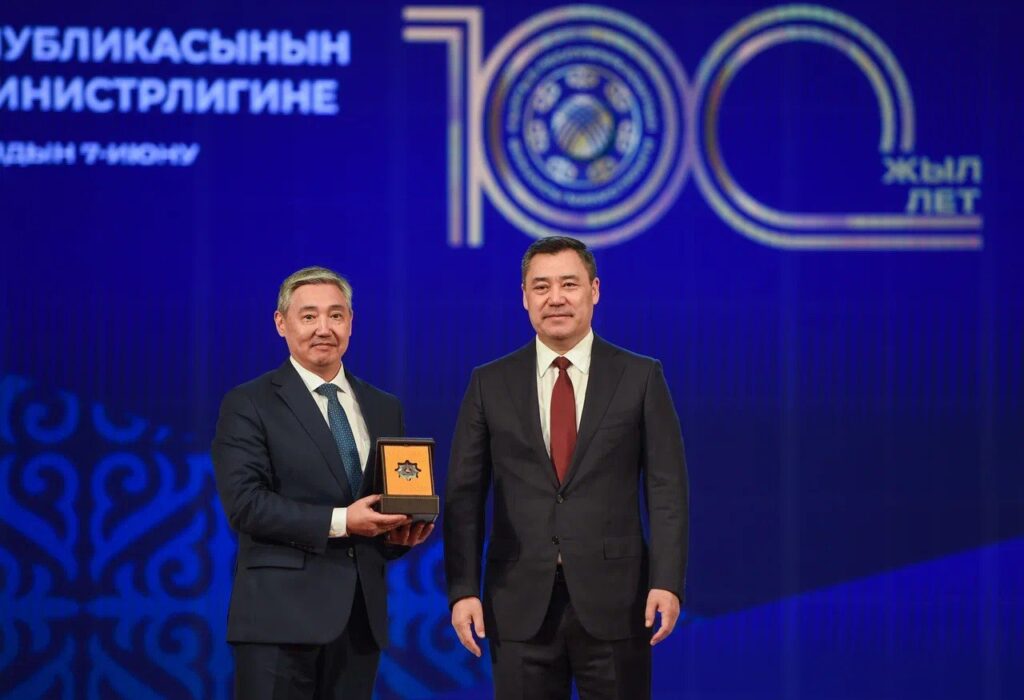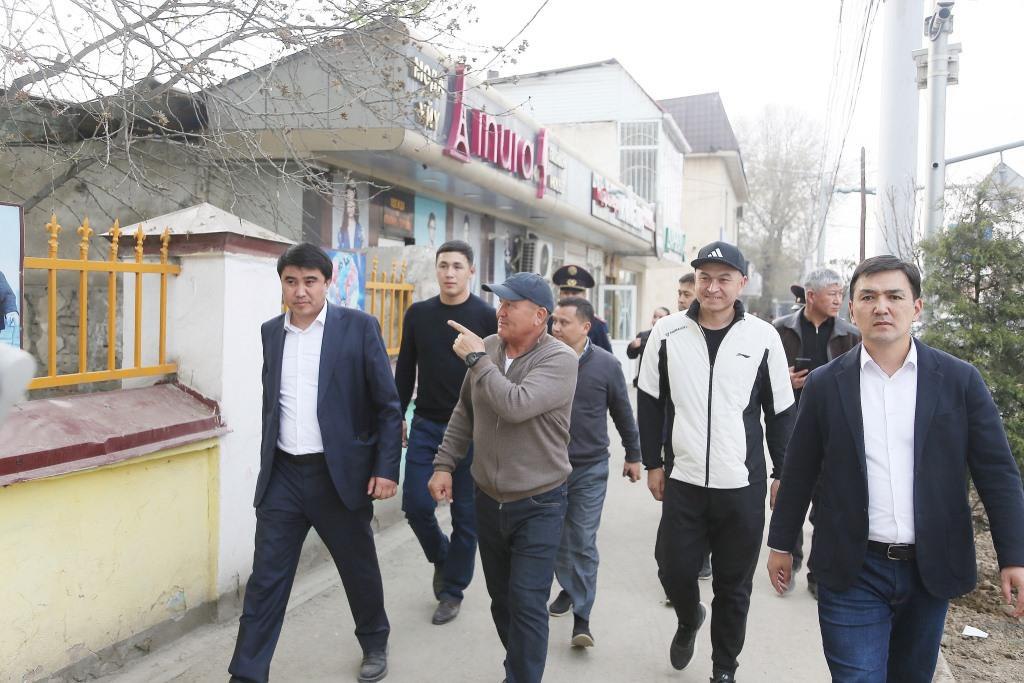Emboldened Russia? Russian FM Lavrov Disputes Tokayev Comments
Russia’s top diplomat has said that he disagrees with old comments by Kazakh President Kassym-Jomart Tokayev about territorial integrity, leading some analysts to debate whether Russia is growing more emboldened as the United States appears to align with its positions on the war in Ukraine. The remarks by Russian Foreign Minister Sergey Lavrov in an interview published on Monday in the Russian newspaper Kommersant were unusual because Russia and Kazakhstan rarely deviate from the official narrative that they are allies, even if Central Asian countries try to balance relationships with other big powers. Also, while Tokayev and Russian President Vladimir Putin enjoy the same status as state leaders, Lavrov occupies a lower level of authority and challenging the Kazakh president could be viewed in some diplomatic circles as out of line. The source of the disagreement goes back to 2022, as war raged between Russian invasion forces and Ukrainian troops. Tokayev warned about the contradiction between the United Nations principles of territorial integrity and the right to self-determination, saying the latter principle could lead to “chaos” if more and more states are allowed to emerge. He indicated that Luhansk and Donetsk, Russia-backed regions of eastern Ukraine that declared themselves republics, appeared to exemplify the problem. Putin did not respond publicly to Tokayev’s comments at the time. But Lavrov, asked about them by Kommersant, said they were wrong and cited the example of European colonial powers that didn’t represent people in territories they controlled. “I remember this speech by the President of Kazakhstan Kassym-Jomart Tokayev. I do not agree with him,” Lavrov said. “We later explained our position to our Kazakh friends. For him, there is only the right to territorial integrity. But I say again: if you are members of the U.N., you must respect the Charter in its entirety. I gave the example of decolonization, which is exactly what was written in the Declaration on Principles Governing Relations between States.” Russia itself has faced criticism that the war in Ukraine is a neo-colonial adventure designed to restore some of the reach it had as the center of the Soviet Union and the Russian empire prior to that. These arguments aside, Lavrov’s blunt remarks to a major Russian media outlet got some attention in Kazakhstan. “What surprised us was that he was not very diplomatic toward President Tokayev,” said Nargis Kassenova, a senior fellow and director of the Central Asia program at Harvard University’s Davis Center. She spoke on Wednesday in a Zoom conference on Central Asian perspectives on the Russo-Ukraine war that was organized by the Center for the National Interest, a public policy group based in Washington DC. Kassenova said Lavrov’s comments were an example of the “more assertive rhetoric” coming from Russia, which she said could relate to growing signs of a rapprochement between Russia and the United States. The Trump administration has appeared to align with some Russian viewpoints as it pushes for a ceasefire in Ukraine, while becoming more antagonistic toward traditional European allies. Medet...






